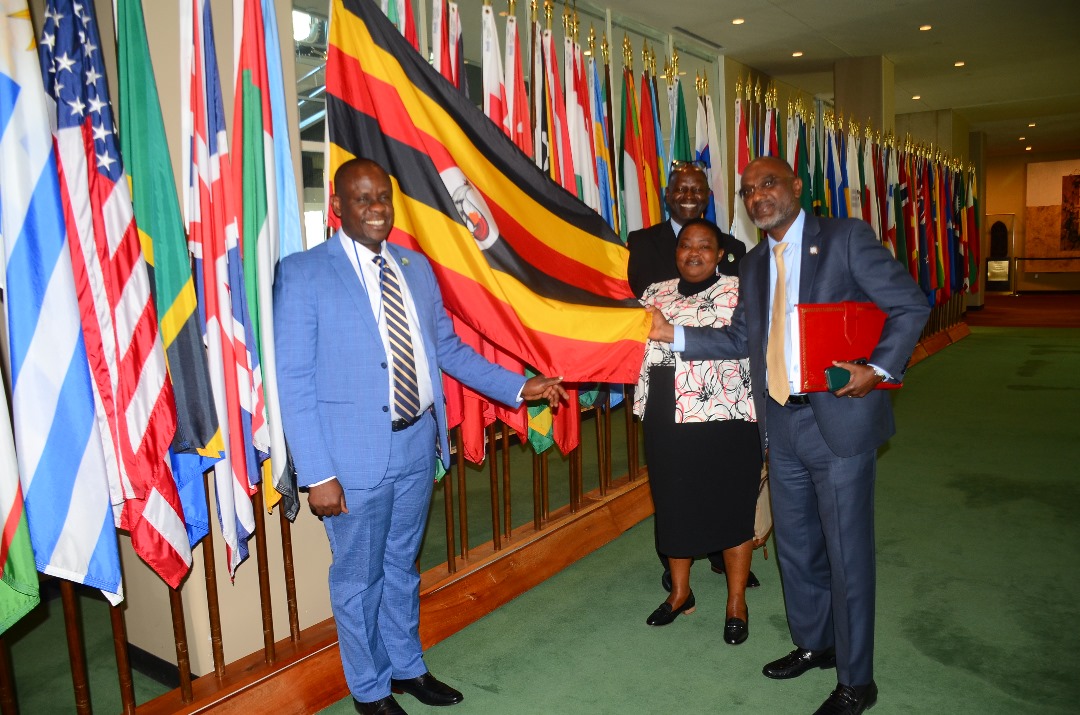President Museveni Calls for Overhaul of Lending Practices at UN High-Level Debate
Museveni asserted that commercial lending should be reserved for non-essential goods like spirits and perfumes.

President Yoweri Kaguta Museveni addressed world leaders, emphasizing the urgent need to eliminate the exploitative practice of commercial lending in order to achieve global prosperity.
His remarks were conveyed by Prime Minister, Nabbanja Robinah, during the ongoing United Nations General Assembly high-level thematic debate on sustainability and socio-economic equality for all at the UN headquarters in New York.
Accompanied by Uganda’s permanent representative to the United Nations, Ambassador Adonia Ayebare, the Prime Minister echoed President Museveni’s call for a shift in lending practices.

Museveni asserted that commercial lending should be reserved for non-essential goods like spirits and perfumes.
However, for critical sectors such as infrastructure, manufacturing, and tourism, borrowing must entail concessional terms, featuring low interest rates and extended repayment periods.
Museveni criticized what he described as the narrow-based growth advocated by “pseudo-economists and parasites” and reiterated Uganda’s commitment to a broad-based socio-economic transformation involving all stakeholders.
Ambassador Adonia Ayebare affirmed Uganda’s dedication as the chair of the G77+China and the Non-Aligned Movement (NAM) to collaborate with the United Nations in achieving the Sustainable Development Goals (SDGs).
Ayebare emphasized the G77+China’s call for urgent action on debt sustainability and financial architecture reforms.

The President of the United Nations General Assembly, Dennis Francis, stressed the necessity of moving from rhetoric to concrete action to attain the SDGs. He emphasized the importance of a coordinated multilateral effort to reshape and reform the international financial architecture, particularly International Financial Institutions, to better facilitate sustainable development worldwide.
The week-long high-level thematic debate provides an opportunity to identify challenges in achieving debt sustainability and to highlight the implications of the current debt crisis on developing nations. The goal is to accelerate both national and international action towards achieving socio-economic equality for all.



Comments are closed.